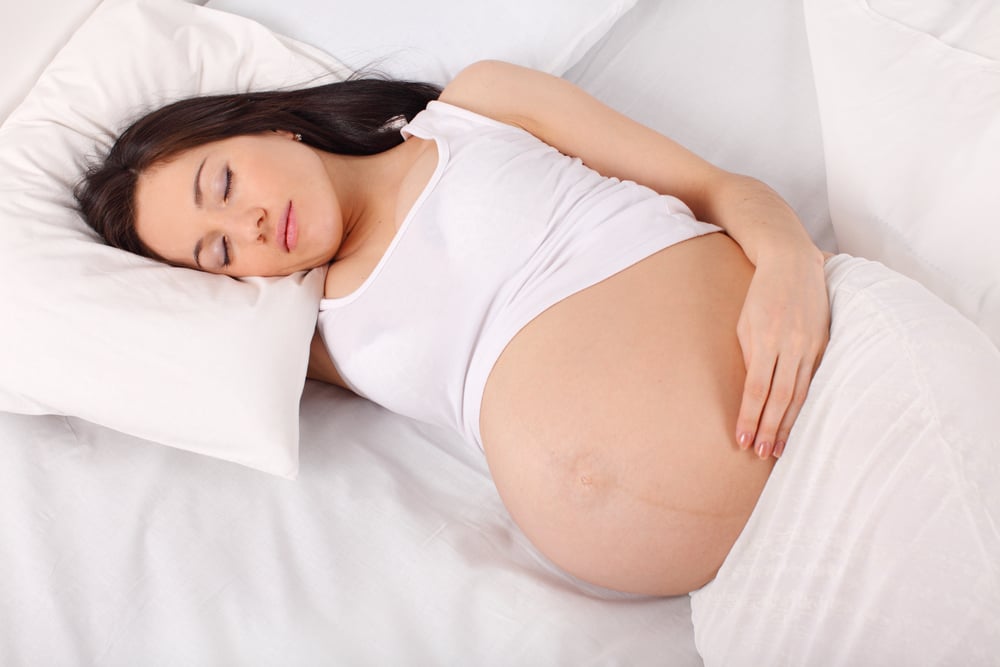American Psychological Association published a study indicating that Pregnant women who experience anxiety during their pregnancies tend to give birth roughly a month earlier than those who do not. This research, which looked at how different types of anxiety changed throughout a pregnancy, could help doctors figure out when and how to screen for it to prevent premature births best.
Possessing fears regarding the current pregnancy situation is a severe psychological condition that may change delivery results, as noted by the study’s lead author, Dr. Christine Dunkel Schetter, a Ph.D. holder from the University of California, LA.
Reducing the negative impacts of postpartum depression on mothers and their children is a global priority. Thus depression screenings are now routinely performed in a wide range of clinical settings worldwide. This and similar studies show the need for stakeholders to check the mental health of expecting mothers.
Health Psychology published an article on the study’s findings and presentation.
Preterm birth, which occurs when a baby is born before 37 weeks of gestation, is associated with anxiety. Previous research shows clinically elevated anxiety symptoms occur in as many as one-quarter of pregnant women.
Those studies used various concern scales and investigated general and pregnancy-related anxiety. Anxiety during pregnancy can stem from concerns about the mother’s and the unborn child’s physical and emotional well-being.
Researchers have also examined anxiety at different points in pregnancy, from early on to late on, with most studies focusing on the second trimester.
The researchers analyzed 196 pregnant women from Los Angeles and Denver who participated in the experiment concerning healthy infants before birth. For this study, we enlisted the help of women from both locations.
There were 36% of white Hispanic women, 10% of Asian women, 9% of black or African American women, and 45% of white women who were not Hispanic.
Four different anxiety scales were utilized to assess the women’s stress levels in the initial and the final trimesters of the pregnancy duration. The first one entailed a five-question evaluation for generalized anxiety, and the other three were pregnancy-specific.
There is a 10-question scale and a 4-question scale for measuring pregnancy-related anxiety, as well as a 9-question evaluation of a wider variety of stressors related to pregnancy, such as worries about providing care for a newborn and stress brought on by medical care throughout pregnancy.
It was shown that there was a correlation between the participants’ responses on all three pregnant anxiety scales, suggesting that all parameters assess similar underlying conditions.
They also found that the most significant association between pregnancy-related anxiety and premature births occurred during the third trimester. But generalized anxiety throughout the first trimester also increased the risk of premature birth.
One interpretation of the study’s findings is that mothers who experience general anxiety early in their pregnancies may be more likely to experience anxiety about issues such as the potential health risks to themselves and their babies, the labor and delivery process, and parenting later in their pregnancies. The results were consistent regardless of how much actual medical risk the women’s pregnancies posed.
Although not all pregnant women with overall anxiety signs would develop pregnancy-specific anxiety, Dunkel Schetter writes, “our data show that those who failed to adhere to this development are likely to be greatly at risk for early birth.”
She stated that the results support that medical professionals warrant early screening for general anxiety in pregnant women. They screen for anxiety the same way they screen for depression, and they keep an eye on the women who score high to see whether their anxiety levels rise, which could prompt further treatment.
Dunkel Schetter thinks that more study is needed to determine what factors contribute to the correlation between pregnancy anxiety and the due date. Stress, inflammation, and poor health habits can all lead to changes in the neuroendocrine system.
She argued that to better combat the serious public health problem of premature birth, “improvement in the comprehension of both the dangers and progressions of the impacts of pregnant anxiety on gestational duration can increase our ability to create, test, and implement remedies.” “Improving our capacity to develop requires a more nuanced understanding of the dangers and mechanisms by which worry during pregnancy affects the length of the gestational period.










